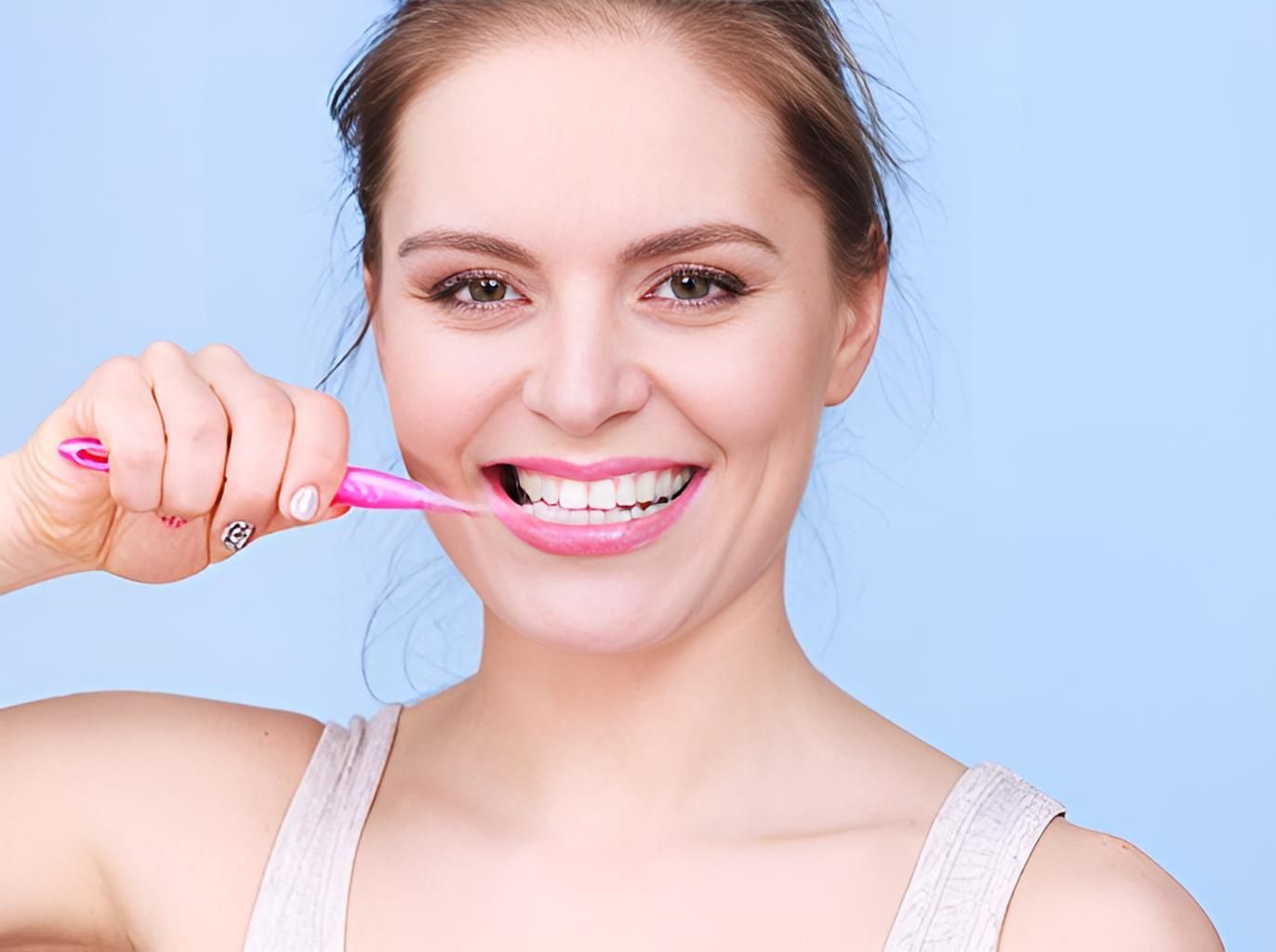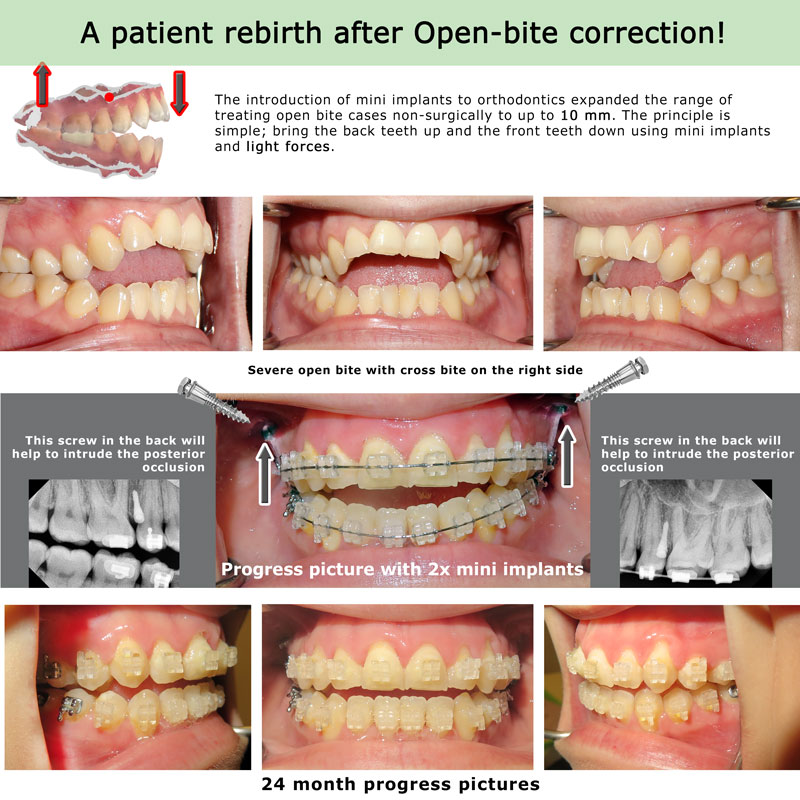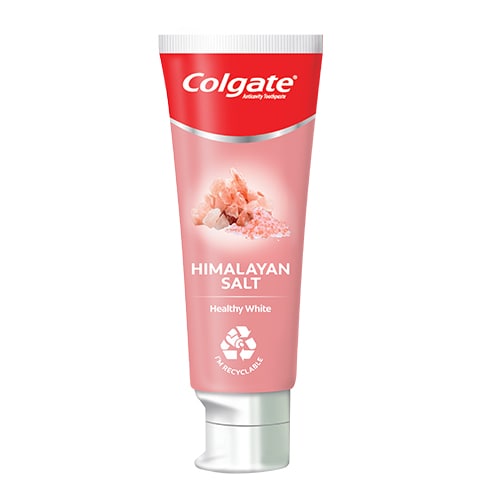What's Best Brushing After Every Meal? Fresh Breath Guaranteed

When it comes to maintaining good oral hygiene, one of the most common questions is whether brushing after every meal is the best approach for fresh breath and overall dental health. The answer, however, is not a simple yes or no. Let’s delve into the details to understand what’s best for your teeth and gums.
First, it’s essential to understand why brushing your teeth is crucial. Brushing helps remove plaque, a sticky film of bacteria, from your teeth. Plaque can lead to cavities and gum disease if not removed regularly. Additionally, brushing helps reduce the risk of bad breath (halitosis) by removing food particles and bacteria that can cause odors.
The American Dental Association (ADA) recommends brushing your teeth at least twice a day, in the morning and before going to bed, for two minutes each time. This recommendation is based on the average person’s daily activities and the natural accumulation of plaque and bacteria throughout the day.
However, brushing after every meal can be beneficial in certain situations. For example, if you’ve consumed something particularly sugary or acidic, brushing your teeth soon after can help neutralize the acid and prevent tooth enamel erosion. Similarly, if you’re prone to dry mouth (a condition where your mouth doesn’t produce enough saliva), brushing after meals can help keep your teeth clean and reduce the risk of cavities, as saliva plays a key role in neutralizing acids and remineralizing teeth.
On the other hand, brushing immediately after eating certain foods, especially acidic ones like citrus fruits or soda, can actually do more harm than good. Acidic foods can soften the tooth enamel, and brushing too soon after consumption can wear away this softened enamel, leading to tooth sensitivity and increased risk of decay.
So, what’s the best approach? Here’s a balanced view:
- Brush at least twice a day: Morning and night, for two minutes each time, are the crucial times to brush, no matter what you’ve eaten throughout the day.
- Consider your diet: If you’ve had something highly sugary or acidic, it might be beneficial to brush your teeth about 30 minutes to an hour after eating. This allows enough time for your saliva to start neutralizing the acid and remineralizing your teeth.
- Rinse with water: If you can’t brush after a meal, rinsing your mouth with water can help remove loose food particles and reduce acidity.
- Chew sugar-free gum: Chewing sugar-free gum after meals can stimulate saliva production, which helps neutralize acids and remineralize teeth, reducing the risk of tooth decay.
In conclusion, while brushing after every meal can offer some benefits, it’s not necessary for everyone. The key to fresh breath and good oral health is maintaining a consistent brushing routine, being mindful of your diet, and taking extra steps when needed, such as rinsing with water or chewing sugar-free gum. By following these guidelines and consulting with your dentist for personalized advice, you can keep your teeth and mouth healthy, ensuring fresh breath and a confident smile.
How often should I brush my teeth if I have a tendency to eat sugary snacks throughout the day?
+If you consume sugary snacks frequently, it's a good idea to brush your teeth about 30 minutes after eating. However, brushing more than three times a day can lead to enamel wear, so be mindful of your brushing frequency and consider other oral hygiene practices like chewing sugar-free gum to stimulate saliva production.
Is brushing after meals necessary if I use a waterpik or another oral hygiene device?
+Using a waterpik or other oral hygiene devices can be very effective in removing plaque and food particles. However, these devices should complement, not replace, regular brushing. Brushing with fluoride toothpaste is crucial for strengthening tooth enamel and preventing decay. Consider using these devices in addition to your regular brushing routine for optimal oral health.
In the pursuit of maintaining oral hygiene, understanding the nuances of when and how to brush your teeth can make a significant difference. By combining this knowledge with regular dental check-ups and a balanced diet, you can ensure your teeth and gums remain healthy for years to come. Remember, the key to fresh breath and a healthy smile is consistency, awareness of your dietary habits, and the right oral hygiene practices tailored to your needs.

